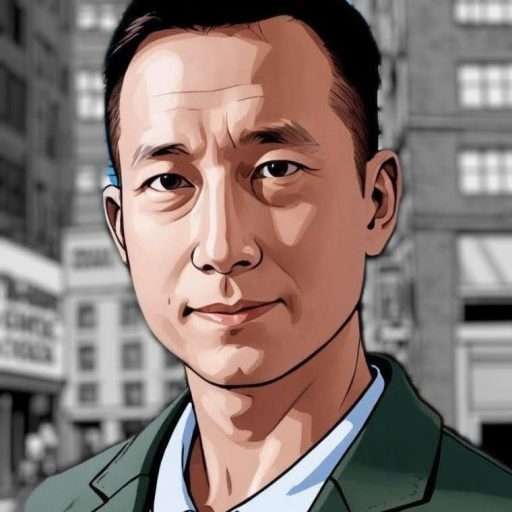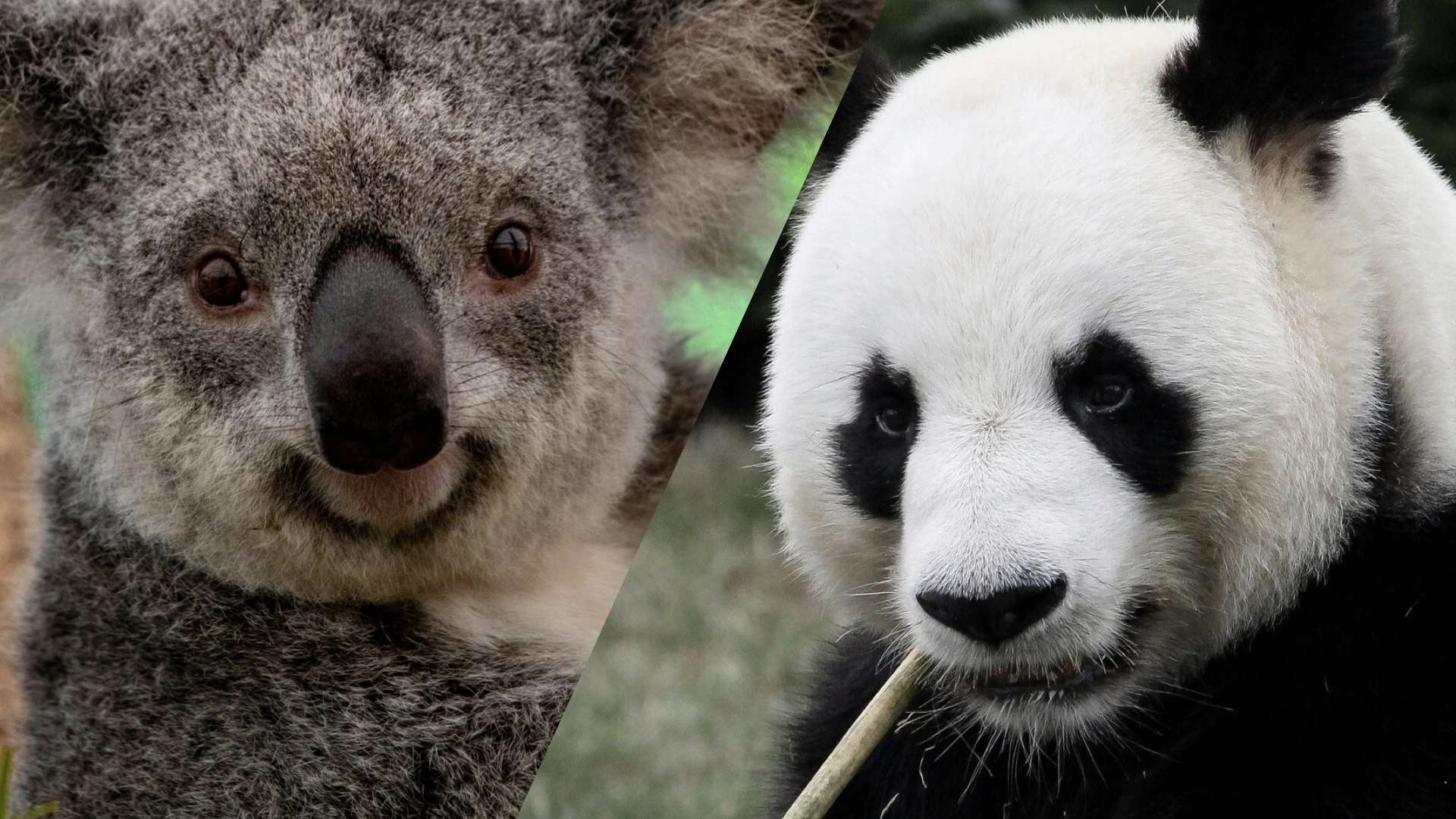
Given the increasing popularity of AI and automation, and the widespread layoffs in both large and small businesses, what kind of future and work can we expect? Perhaps koalas and pandas can provide us with valuable insights.
People around the world affectionately adore the koala and the giant panda, serving as “mascots” for China and Australia, respectively. However, these animals have a distinct disadvantage—their diet. The giant panda eats primarily bamboo leaves of little nutritional value and therefore needs to ingest them all day. The koala is no better, eating primarily eucalyptus leaves, which are also low in nutritional value.
Recently, I came across an intriguing article by Dan Koe, in which Koe expressed his thoughts on the future of work and the potential elimination of certain jobs.
What was fascinating was that Koe saw that most of us are conditioned to be like pandas or koalas enslaved by very narrow diets, with a singular track for education and then work. We are conditioned to be specialists, with a correspondingly misguided label of “prestige.” Unfortunately, now in the 21st century with AI and automation, that may actually force us into dead ends and obsolescence.
Already, we see practically every “big tech” and many other businesses of all types laying off employees and even shutting down from the pandemic onwards till now. This trend will only continue.
Meandering does not mean being lost
In hindsight, suddenly I realized how different my own path to learning and work had been. My path to learning had been eclectic and yet deep in each of the fields. To use an analogy, I am what DeepSeek is in terms of reinforcement learning through reasoning and corrections, rather than what traditional learners memorized texts and then regurgitated those memories for exams just like what supervised models of AI can be equated to.
I studied philosophy, religion, chemistry, astronomy, and physics as a teenager on my own and dabbled with equal fervor in arts and sculpture. I ingested and digested the entire Mahayana Buddhist canon then, and even much of the mainstream Tibetan Vajrayana Buddhist texts, having also learned Sanskrit and Tibetan on my own. I studied Einstein’s theories of relativity and also conducted graduate-level biochemistry research in autoxidation and antioxidants. And given all these learnings, I failed my high school exams and could not secure a place at the local universities then. However, I continued to learn and eventually caught up with my college and postgraduate studies. Life finds a way, especially if you are serious about learning and doing.
Did I regret my path to learning then? Absolutely. My parents were extremely angry and disappointed then and didn’t talk to me much throughout my days serving the nation as a soldier, and even after that when I finally became employed and went for night technical college classes. Still, eventually they learned to accept that every person has a path to carve and that not every meandering journey is bad.
Be a deep generalist
What has my own eclectic learning journey taught me?
I am this “deep generalist” that Koe articulated in his piece, with deep and wide (enough) knowledge and experience to be able to serve many tasks and roles. I am equally at ease coding, or painting, or finding my way in a lab, explaining global politics and culture to any audience, or selling to enterprises, pitching to investors, or presenting or evangelizing on stage as a keynote speaker. I am comfortable and adaptable to any challenge that comes my way.
If you want to make your path impossible to be obsolete, you owe it to yourself to read, learn, and practice widely and deeply. Obtaining a college degree is just a preliminary step and does not ensure your lifelong success. You will need to keep learning, not just on one singular track you chose, but to be open-minded enough to read and learn widely. Talk to people. Be humble to accept and listen to as many ideas as possible. You might find yourself consistently keeping up with the world’s accelerating changes and maintaining your viability over time.
###

